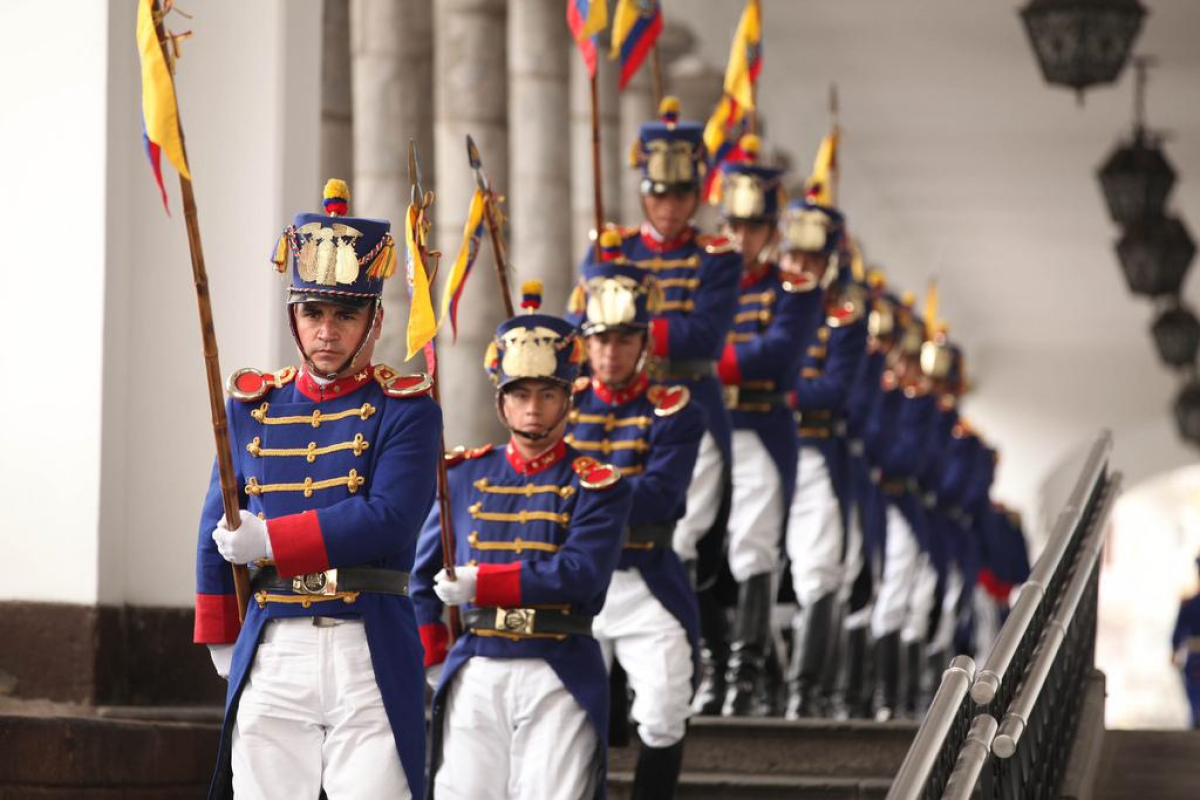In the first decades of the 19th century, Spain was reeling after the French had invaded during the Napoleonic Wars. Napoleon had installed his brother on the Spanish throne.
This meant that Spain’s colonies didn’t feel the sense of loyalty to Spain as they had done before and a movement for independence was sweeping across Latin America.
Ecuador’s decisive moment of liberation came on May 24th 1822, on the slopes of the Pichincha volcano, 3,500 meters above sea level, next to the city of Quito.
Victory was won by a Patriot army under General Antonio José de Sucre defeating a Royalist army commanded by Field Marshal Melchor Aymerich.
Done and dusted in three hours, this wasn’t a large battle with massive amounts of casualties. However, it was important as it allowed the Patriot army to enter Quito, where Sucre accepted the surrender of the Royalists. This meant Simon Bolivar could add the Province of Quito to the Republic of Colombia.
To mark the day, patriotic festivities are held throughout the country, but particularly in the capital city of Quito.
